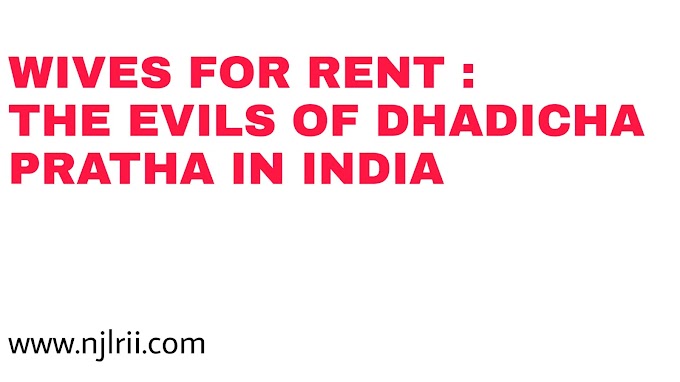Abstract:
When we talk about the Indian Power Sector, it is one of the loss-making sectors in the country. It’s the distribution companies who are indulged with the transmission of electricity and the source of revenue generation in the electricity sector. To overcome the loss situation, the Government of India is in the perspective to bring the concept of privatization in the Indian Power Sector. The main focus will be on privatization of the distribution companies. In this research article, we will be discussing about the concept of privatization, the standard bidding document, Privatization of distribution companies in state and union territories, the energy law legislative framework, request for proposals & shareholders’ agreement, ATC losses, claims under privatization, and take of NITI Ayog on privatization.
Keywords: Privatization, DISCOMS, Energy Laws.
Introduction:
When we talk about privatization in the Indian power sector, there have been instances that led to privatization. Instances are:
In May 2002, the Delhi Vidyut Board (DVB) was privatized.
After consecutive failures, at the third attempt, the DISCOMS (Distribution Companies) in Odisha were privatized, where in October 2020, Tata Power took over the Central Electricity Supply Undertaking (CESU).
In both these instances, the privatization exercises, 51% of the shares were sold to private corporations and 49% of shares were retained with the government.
Standard Bidding Document
Keeping in mind the above instances of privatization, the Government of India’s Ministry of Power has introduced the “Standard Bidding Document”. This document has been issued for DISCOMS Privatisation. Its objective is to make privatization an irreversible process.

.jpeg)


.jpeg)

